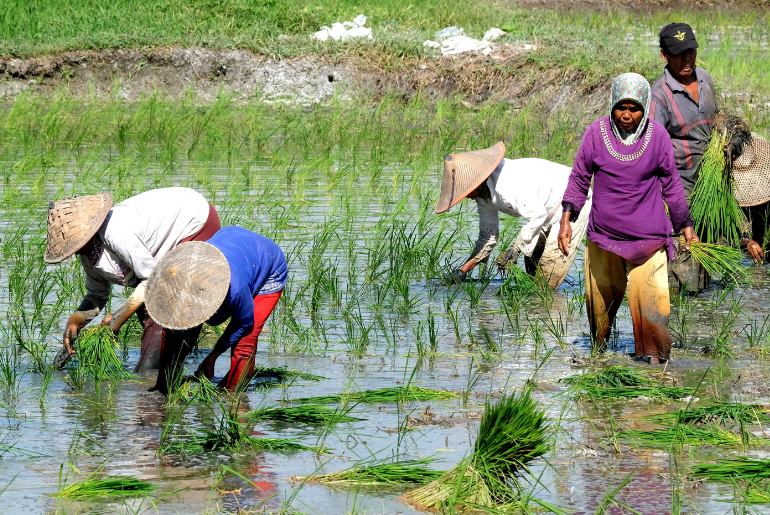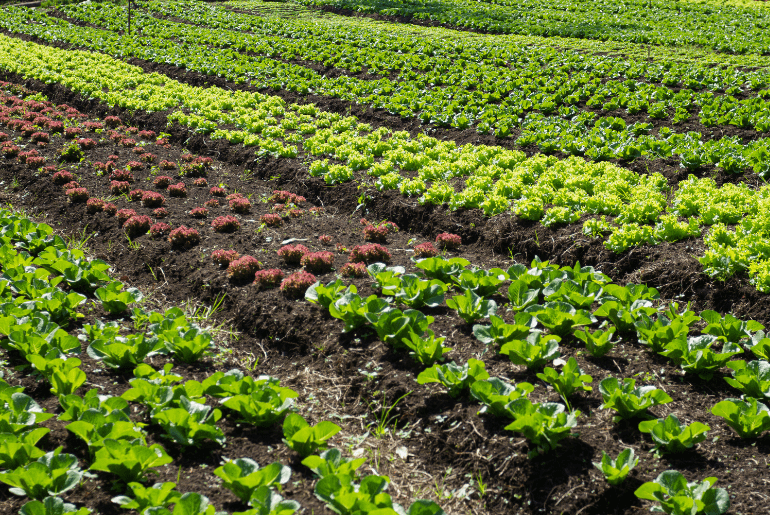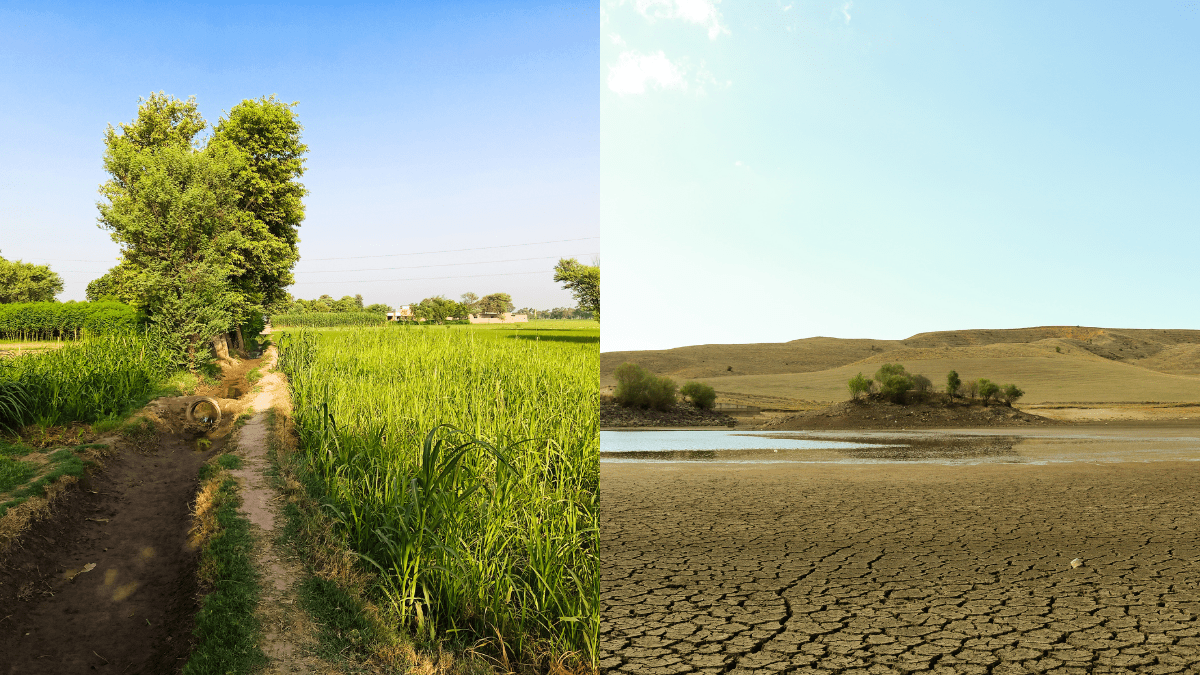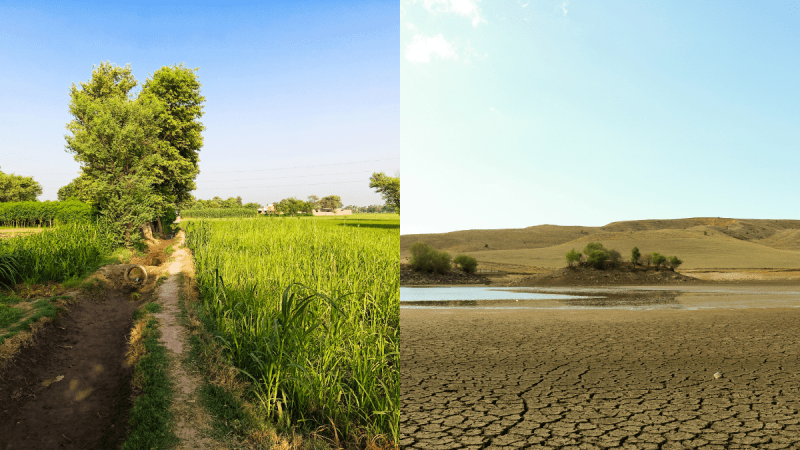Punjab, often regarded as the agricultural heartland of India, is currently grappling with an escalating water crisis. This situation has been primarily fuelled by the unprecedented rise in paddy cultivation, which has reached record levels, putting immense pressure on the state’s dwindling groundwater resources.
Record Paddy Cultivation Raises Concerns

Despite persistent efforts to encourage crop diversification, Punjab has witnessed a surge in paddy cultivation. As of July 30, 2024, the state recorded a staggering 32.23 lakh hectares under paddy, including 6.39 lakh hectares dedicated to Basmati rice. This marks a noticeable increase from the previous year’s 31.79 lakh hectares.
Also Read: Skip Chandigarh, Visit These Beautiful Cities In Punjab Instead
Experts have expressed grave concerns over the state’s reliance on this water-intensive crop. With 116 out of 153 agricultural blocks classified as ‘over-exploited’ or ‘critical’, the relentless focus on paddy is causing groundwater levels to deplete at an alarming rate.
Crop Diversification Efforts Falter

Efforts to promote alternative crops have faced significant challenges, largely due to the lack of consistent procurement policies and minimum support prices. Maize, cotton, and sugarcane—suggested as viable alternatives—have either seen fluctuating or declining cultivation areas. For instance, cotton cultivation has dropped drastically from 3.35 lakh hectares in 2015 to just 99,718 hectares in 2024.
Also Read: Maheep Singh Believes Food Is Popular In All Parts Of India, Not Just Among Punjabis
Farmers remain apprehensive about switching to alternative crops without assured market support. The state’s agricultural policies, while advocating diversification, have struggled to incentivise farmers effectively. This continued reliance on paddy, driven by guaranteed procurement and government subsidies, remains a critical hurdle.
Sustainable Practices: A Way Forward

The ongoing water crisis in Punjab highlights the urgent need for sustainable agricultural practices. Experts recommend adopting water-saving technologies such as micro-irrigation and promoting crop cycles that align with monsoon patterns. Additionally, restructuring subsidy frameworks to favour less water-intensive crops could help alleviate the strain on groundwater.
In the face of a deepening water crisis, Punjab must reassess its agricultural strategies to ensure long-term sustainability and water conservation. Immediate action is crucial to prevent further depletion of vital water resources.
Picture Credits: Canva Pro





